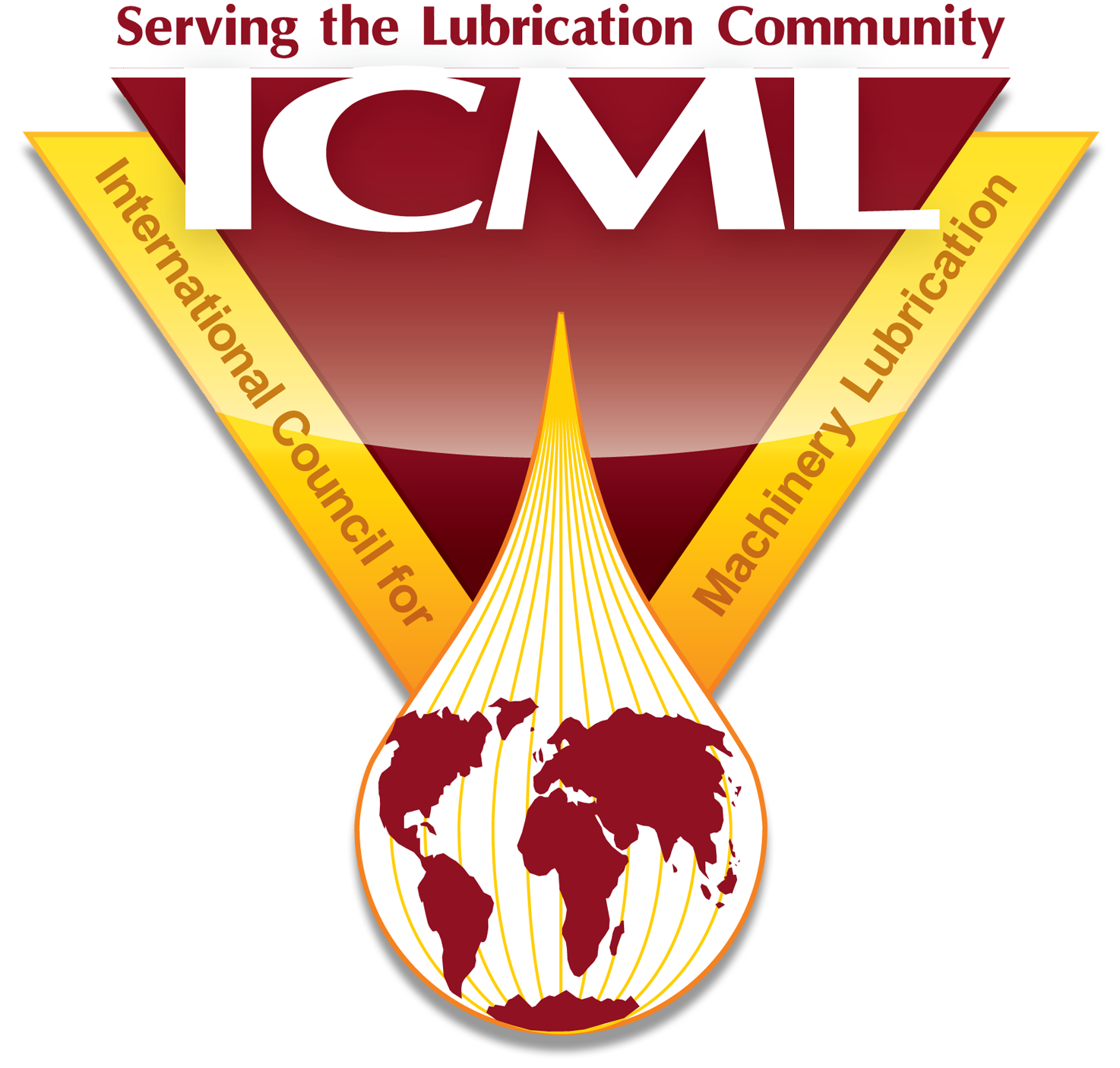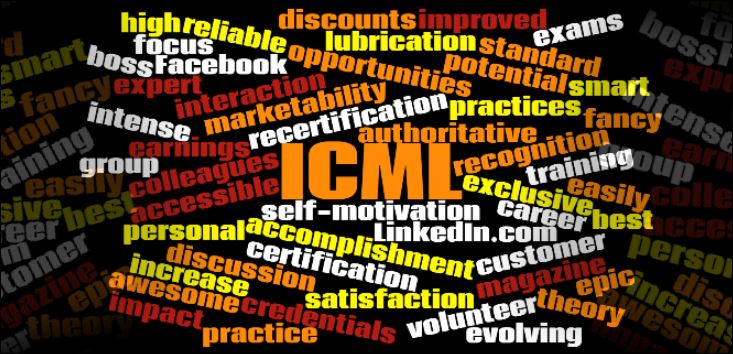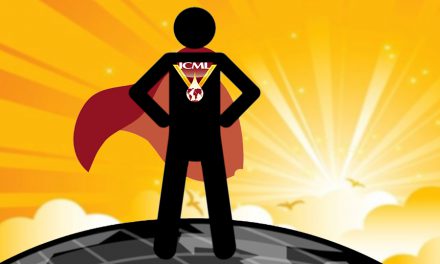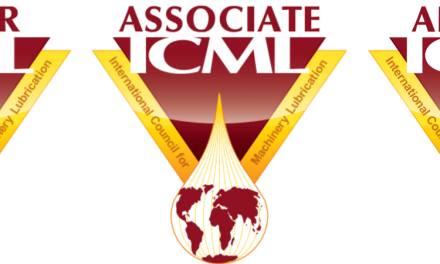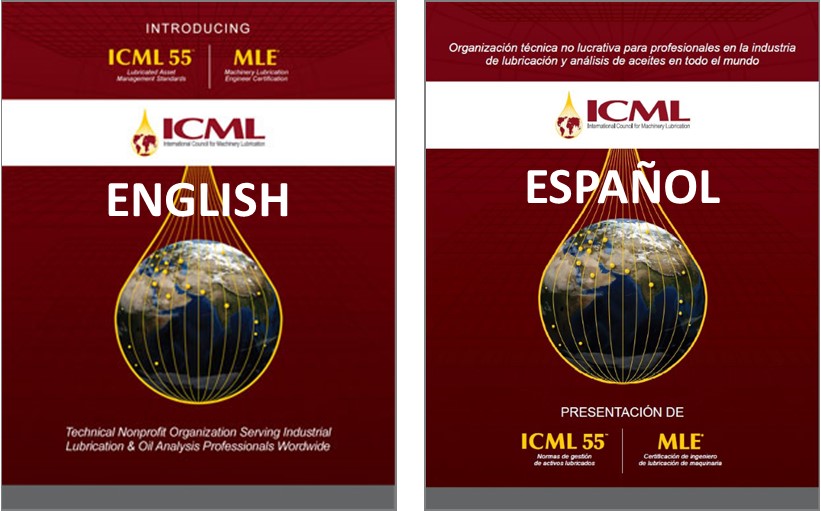by Paul Hiller, ICML, November 2019 | In 2018, as ICML prepared for a new emphasis on its branding and marketing practices, one of the first things we did was commission a thorough survey via phone interviews and online questionnaire. We hired a firm to reach out worldwide to certificants, sponsors, technical contributors, and trainers, and we also conducted an online survey that attracted hundreds of participants. As anticipated, the responses provided us an honest and instructive snapshot of the perceptions and priorities held by a large cross-section of ICML’s market.
However, this article is not intended as an analysis of our findings—the survey was conducted for internal use, after all—but I believe readers might find value in knowing how some of their fellow practitioners responded anonymously to our questions. Even with no major scientific conclusions presented here, these few snippets suggest that the many thousands of front line practitioners whom we have certified over the years are certainly not alone. In fact, at the time of our survey, 91% of the respondents held current ICML certifications. Most responses were practical, well-informed, and positive. Many shared favorable impressions of ICML as an authoritative organization pursuing a valuable mission. Perhaps the responses shared here will inspire you to provide your own feedback to ICML (welcome anytime!) and/or to join your colleagues in pursuit of a certification or recertification in the months ahead.
In the interest of full disclosure, it is worth noting that 59% of respondents indicated that they subscribe to “Machinery Lubrication Magazine,” which published an abridged version of this article in its Nov-Dec 2019 issue. And when asked which social media platforms they use regularly:
- 54% = LinkedIn.com
- 57% = Facebook
Accordingly, ICML hosts a LinkedIn discussion group for members and lubrication practitioners. Please join to contribute your conversational topics, and encourage your colleagues to do so. (We also happen to maintain Twitter activity using @ICML_Global.)
ICML v. OTHER ORGANIZATIONS
Now, here are additional highlights from your fellow lubrication colleagues:
QUESTION: Based on your experiences with ICML (or what you believe to be true about ICML), what are the attributes that set ICML apart or can be differentiated from other organizations?
- “I don’t really know about any other organization that specifically deals with lubrication. I believe that ICML does stress holding its members to a high standard in terms of training and continuing education”
- “Practice instead of theory” < This response refers to our longstanding focus on the support of front line, hands-on practitioners who work directly with machinery and laboratory assets.
- “Intense focus on lubrication. Opening this shadowed part of industry to the world” < Not sure what is shadowy about lubrication! However, I like to think this respondent understands that even subject matter experts know there are always new discoveries to be made.
- “Sets a high bar to earn certification, which is a good thing. So when people see your credential it is looked highly upon”
- “Besides certification, ICML gives award for company or organization that achieves lubrication and oil analysis excellence” < This response refers to our Gill and Battle Awards for oil analysis and lubrication excellence. We are currently accepting submissions for the 2019 calendar year.
- “Customer focus is key, keep it up, you all are awesome”
- “The staff is easily accessible; questions for exams are thoroughly reviewed” < We do work with technical contributors around the world to make this happen. See a list of participation opportunities.
- “ICML recognizes the field experience and expertise apart from focusing only on classroom training”
- “I really like that ICML’s testing is not only based on maintenance strategy but also covers best practices. This is valuable for not only the technician out in the field but also for the maintenance manager trying to develop a maintenance strategy for the facility”
- “Helped shape an ISO standard to define the criteria they adhere to” < This refers to the fact that ICML’s certification program structure was adopted by ISO in its first international standard (18436-4) on certification of lube analysts. Read more about that here.
- “ICML is more grounded, dealing with the real world”
DESCRIBE ICML IN ONE WORD
To help gauge brand perception, we asked participants to describe ICML with single-word adjectives. It sounds silly to some, but this is actually a valuable exercise from a branding/marketing perspective. We were pleased to see positive responses that included words such as:
- “Smart”
- “Expert”
- “Reliable”
- “Authoritative”
With responses like these, we must be doing something right. However, other responses prompted some chuckles and had us scratching our heads:
- “Epic” < We can’t argue with this, but we do try to remain humble.
- “Prophylactic” < This response was confusing at first because “prophylactic” usually has medical connotations. But then I considered that it can broadly refer to any means of preventing undesirable outcomes. My guess is that the respondent was thinking about how an ICML-certified lubrication professional who maintains million-dollar machines is well-equipped to help stave off costly disasters. Nevertheless, do not expect to see this word appear in ICML’s marketing materials any time soon.
- “Ocean” < Perhaps this means ICML’s knowledge base is perceived as broad and deep?
- “There” < Actually, we are neither “here” nor “there.” We are everywhere.
- “Nice, neat, organized, but hard to order their magazines” < I wonder if this anonymous respondent ever figured out that ICML does not publish any magazines.
- “Canadian” < Our candidates actually sit exams in Canada and 100+ other countries.
- “Mystery” < Hopefully, our new e-newsletter will clear this up.
- “Fancy” < Maybe…but not too fancy.
QUESTION: What would you or your company value most from an established ICML membership?
Highest rated responses included these elements, which we subsequently have sought to integrate with our membership packages:
- certification exam discounts
- recognition by ICML
- access to exclusive volunteer opportunities
- interaction with fellow practitioners
WHY CERTIFY? WHY RECERTIFY?
QUESTION: Has ICML certification impacted your own earnings potential or marketability in your industry or profession?
- 52% = Yes, certification improved earnings potential or marketability
- 36% = No impact
QUESTION: What prompted you to get certified in the first place?
Two recurring scenarios emerged here:
- managers initiated training and certification programs for their teams
- individuals took the initiative to pursue certifications on their own
Interestingly, only 31% reported that the “boss scheduled it for me and instructed me to do it,” yet 58% reported that their employers paid for exams. This discrepancy suggests that some employers pay for self-improvement and training even if it is an employee (not the “boss”) who proposes such activities. Nevertheless, nearly 26% respondents reported that they paid for certification exams themselves out-of-pocket, which makes sense when one considers there are many self-employed practitioners and consultants in the marketplace.
In fact, self-motivation was revealed in a variety of forms. “I wanted to enhance my knowledge and skills in lubricant analysis and also wanted to increase my value/recognition,” wrote one respondent, while another hinted at a different kind of motivational experience: “Had I not passed the course, I would’ve been fired.”
In order to maintain credentials, an ICML certificant must recertify every three years. Nearly half (45%) of our respondents indicated they were still newly certified and so had no experience with recertification yet. Meanwhile, those who had recertified at least once already identified their top reasons for doing so:
- 76% = “Initial three-year certification was beneficial; makes sense to maintain it for my job/career/business”
- 63% = “I feel the need to keep up with evolving industry standards”
- 24% = “Boss paid for recertification and instructed me to do it”
Other recertification notes:
- “Personal satisfaction and accomplishment on attaining my certification”
- “In my utopian world order, I believe that in a few years, the Lube Industry will replicate the Pharma Industry, and all sales/offers/recommendations will have to be made ONLY by certified specialists”
- “Nice to have if I need to find another job”
